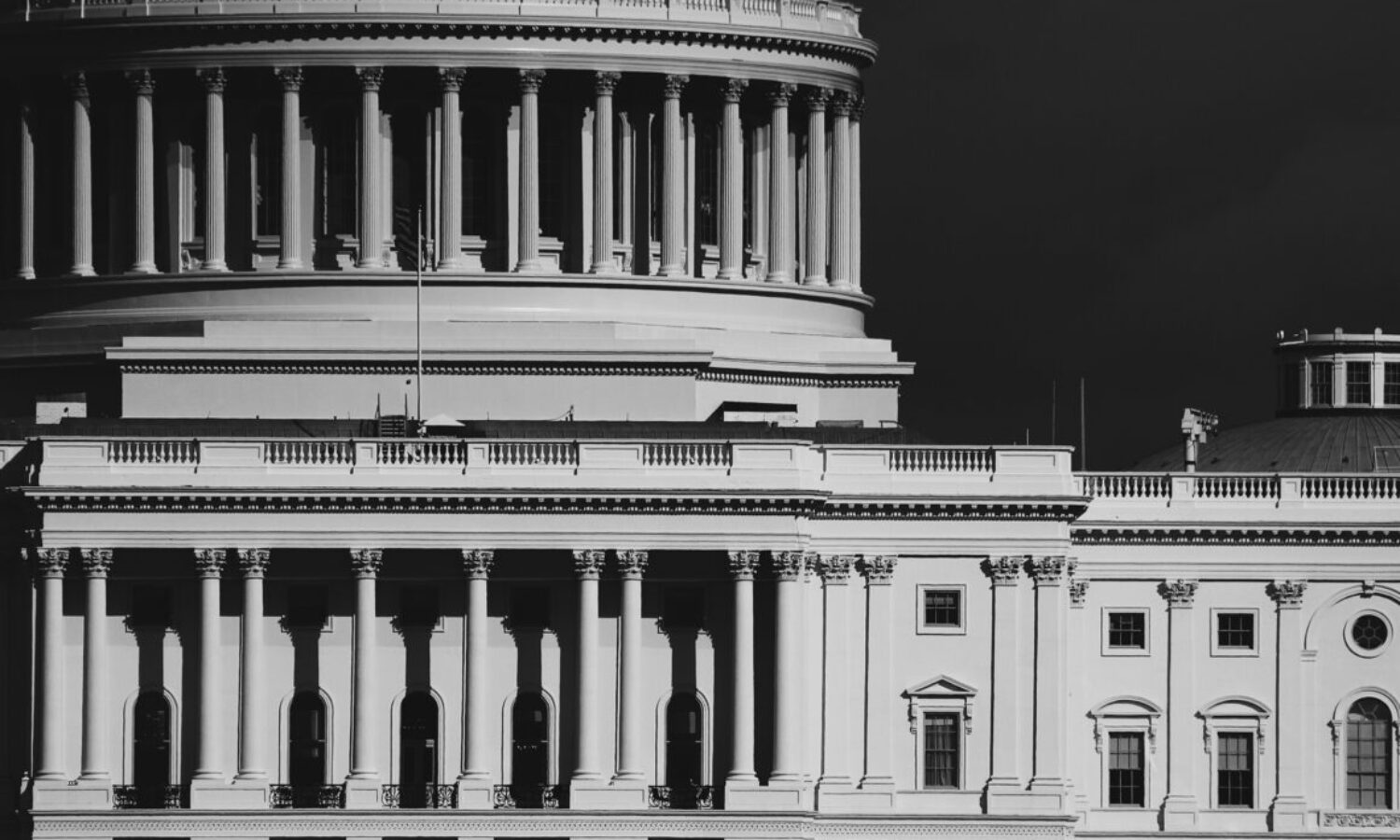i2Coalition June 2023 Legislative Brief
Your brief update on important Internet policy issues
OUTLOOK
After averting a U.S. debt limit crisis in early June, the House and Senate resumed legislative work, with budget negotiations for the next fiscal year becoming a top priority. Conservative House Republicans want to cut government spending below the levels spelled out in the debt ceiling deal reached by President Biden and House Speaker Kevin McCarthy. Their strategy is putting the House and Senate on a collision course just a few months before lawmakers need to fully fund the federal government to avoid a shutdown. Senate budget negotiators, by contrast, have said they plan to adhere to the funding levels agreed upon by Biden and McCarthy. If the House and Senate fail to strike an agreement and pass federal government funding legislation, and there is no stopgap measure passed to keep the government running, money will run out on September 30, the last day of the fiscal year. House and Senate lawmakers will resume the budget negotiations in Washington after July 10 when their respective two-week recess periods end. Political matters may continue to impair Congress’s ability to accelerate progress on the budget negotiations. These distractions include the federal indictment of former President Trump on Espionage Act charges and recent threats by some House Republicans to seek the impeachment of President Biden over, among other things, his immigration policies at the southern border, and the impeachment of Attorney General Merrick Garland over his handling of the Hunter Biden investigation by the Department of Justice.
TECH POLICY PRIORITIES
Section 230/Intermediary Liability. A bipartisan group of Senators on the Senate Judiciary Committee have called for an additional hearing on Section 230 reform. Congressional outrage erupted in June following an investigative report in The Wall Street Journal detailing that Meta’s Instagram algorithm has been linked to a network of pedophiles and promotes child sexual abuse material online. In response to the rapid emergence of generative AI, Senator Richard Blumenthal (D-CT) and Senator Josh Hawley (R-MO) introduced a bill that would deny Section 230 immunity from AI companies in civil claims or criminal prosecutions involving the use or provision of generative AI.
Federal Privacy. In the U.S. House, negotiations continue on a new comprehensive privacy bill that builds on last year’s legislation, the American Data Privacy and Protection Act, which passed out of the Energy and Commerce Committee in the prior Congress with strong bipartisan support. After the July 4 recess period ends, the Senate Commerce Committee is expected to resume working on children’s privacy and online safety legislation. Florida became the latest state to enact a comprehensive data privacy law, the bulk of which is scheduled to go into effect in 2024.
Copyright/IP. The rapid growth in the use of generative AI continues to fuel vigorous public debates about its impact on copyright law and other intellectual property laws. As part of its ongoing educational outreach with the public, the Copyright Office scheduled a June 28, 2023, webinar on Registration Guidance for Works Containing AI-Generated Content.
Antitrust/Competition. Senators Amy Klobuchar (D-MN) and Chuck Grassley (R-IA) re-introduced the American Innovation and Choice Online Act on June 15. The legislation seeks to rein in dominant digital platforms to prevent them from abusing their market power to hurt competition, online businesses, and consumers. On June 21, the FTC filed a lawsuit against Amazon in federal court in Seattle. The FTC complaint alleges, among other things, that Amazon utilized “dark patterns” to trick users into signing up for Prime and that the company made it difficult for users to cancel their recurring subscriptions.
Broadband. The Biden Administration made a much-anticipated June 26 announcement of the allocation to individual states of broadband infrastructure funds under the government’s $42.5 billion Broadband Equity, Access, and Deployment (BEAD) program. Stakeholders’ and governmental focus on ensuring continued funding for the FCC’s Affordable Connectivity Program (ACP) ramped up in June. A group of prominent Republican Senators wrote to President Biden to urge that unobligated COVID-19 funds be repurposed to shore up ACP funding while they work on other future funding mechanisms for the program. The Senate Commerce Committee held a hearing on June 22 to consider the FCC nomination of veteran telecom attorney Anna Gomez for Commissioner and the re-nominations of Commissioners Brendan Carr and Geoffrey Starks. Senate Commerce Chair Maria Cantwell will seek to maintain momentum on these FCC nominations with plans for further confirmation proceedings after the Senate’s July 4 recess period ends.
Find Out More…
For more in-depth updates on Internet policy, including issues that specifically impact your organization, please contact us about joining the i2Coalition.

